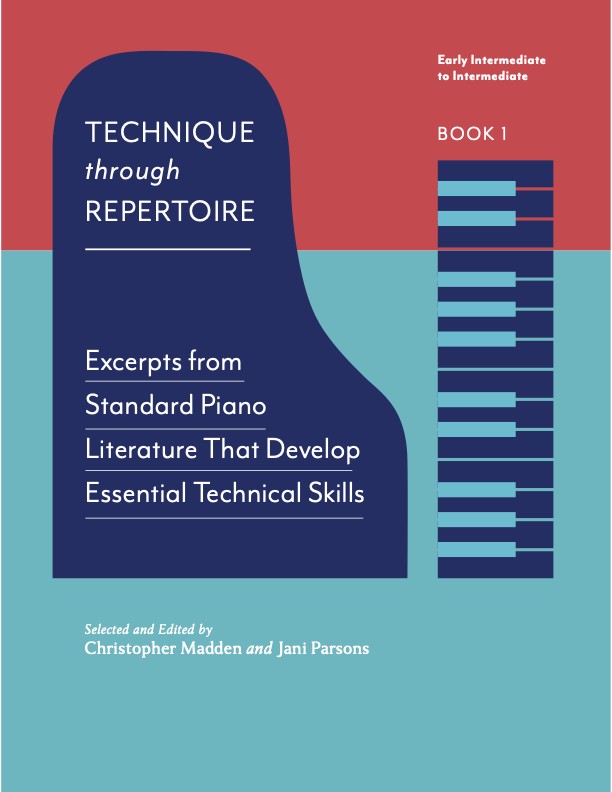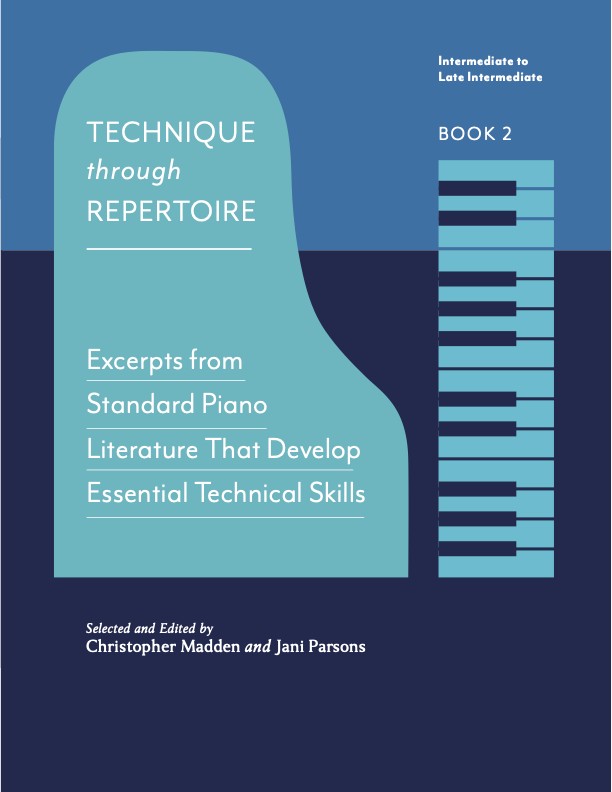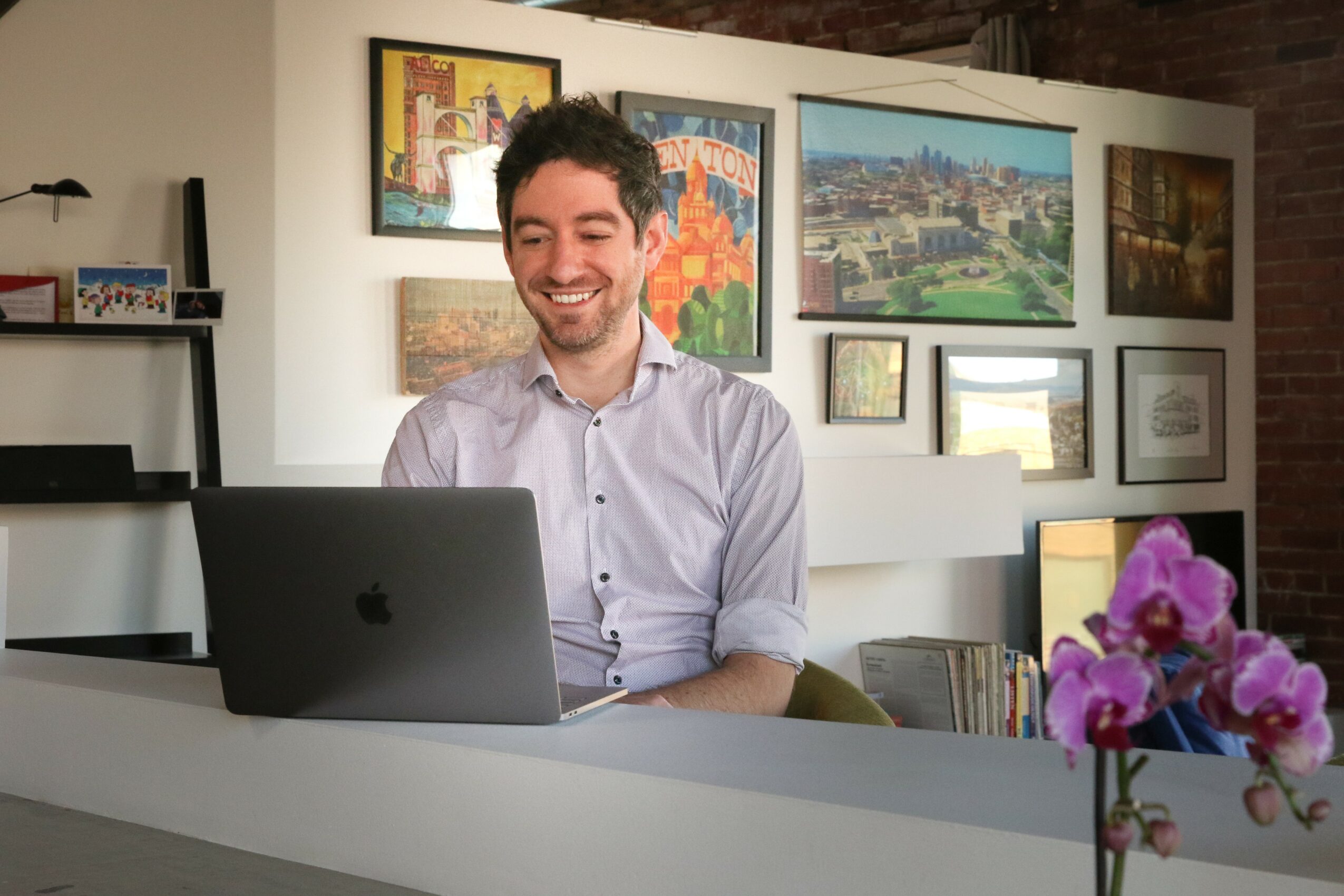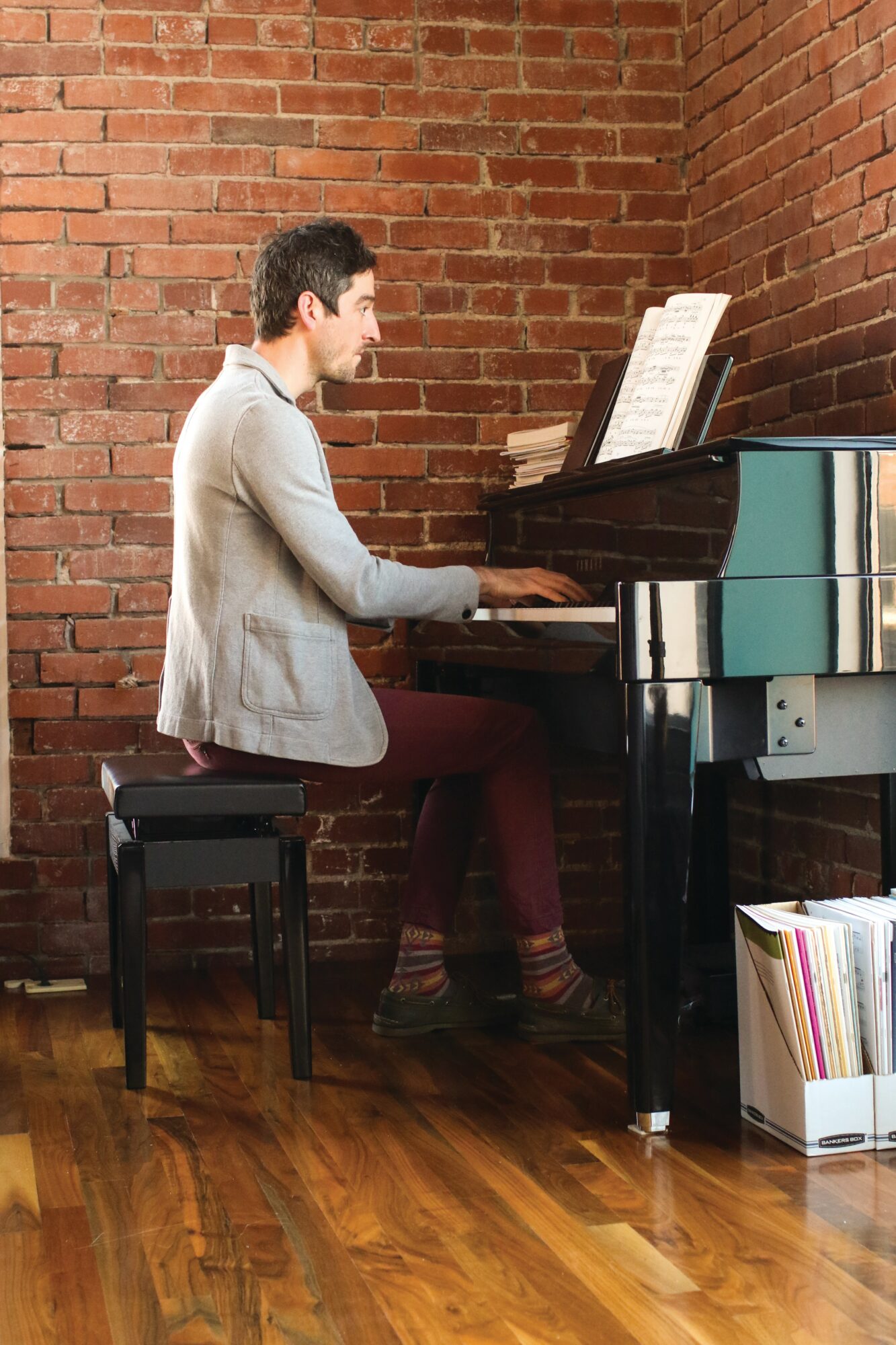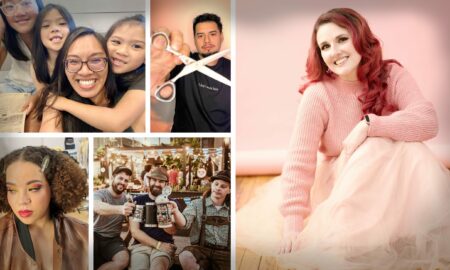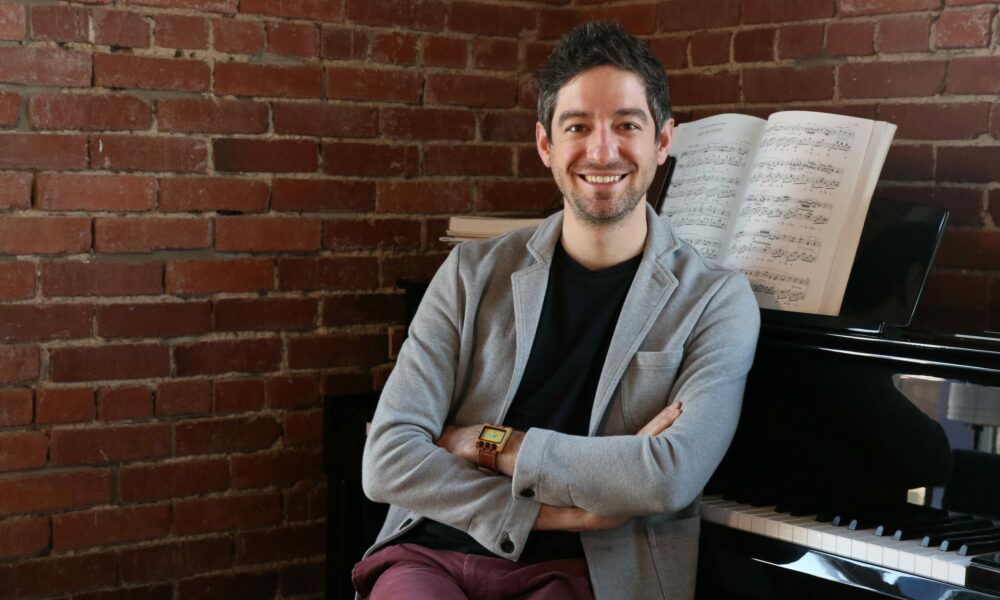

Today we’d like to introduce you to Chris Madden.
Hi Chris, so excited to have you with us today. What can you tell us about your story?
My journey to the UMKC Conservatory represents years of study and work at various institutions nationwide. I’m originally from central Pennsylvania, where I attended Penn State for my undergraduate degree in Piano Performance. While there, I always knew teaching was my passion, so I began to give informal piano lessons to a few students. As I approached graduation, I wanted to continue studying performance but also focus more on teaching. Florida State University has a wonderful program for each area, so I moved to Tallahassee to complete an M.M. in Piano Performance and Pedagogy. While completing my degree, I balanced coursework with 11 private students, and it was here that I became interested in working with adult students, or “third-age” students, as they’re often referred to in research.
I was fortunate to attend the University of Oklahoma—one of the best pedagogy programs in the country—for my doctorate. I continued working with adult students in a one-on-one setting, but I also initiated group piano classes through OU’s continuing education program. Within one semester, we had over 30 students enrolled! Students came from varied backgrounds: retired teachers, physicians, actively employed accountants, etc. What they all shared, however, was a desire to learn something new later in life and a willingness to be “bad” at something, even though they were clearly accomplished in so many other areas of life. I think there’s a lot we can learn from this type of motivation, and it’s one of the main reasons I enjoy working with adults.
After leaving Oklahoma, I taught at Baylor University and Texas Woman’s University, where I also initiated adult piano classes. In 2019, I accepted a position at the UMKC Conservatory. It has been a long journey (with lots of moving!), but I’m thankful to have ended up in Kansas City, which has an amazing network of artists and musicians doing amazing things.
Can you talk to us about the challenges and lessons you’ve learned? Looking back, has it been easy or smooth in retrospect?
Looking back at my time leading up to UMKC, I am very fortunate. The road to my current position was smooth, and I have many teachers and mentors to thank for preparing me so thoroughly. The hardest part of the journey was moving around so frequently, as it became difficult to establish myself in a community. Now that I’m in Kansas City, I’ve enjoyed becoming involved with various arts organizations and neighborhood associations, and it has been invigorating to see how active Kansas City is.
Thanks for sharing that. So, you could tell us a bit more about your work.
My field of expertise is piano pedagogy, a fancy way of saying “piano teaching.” While I already outlined my work with adult students, I have also worked with students as young as 4. My current work at UMKC involves mainly undergraduate- and graduate-level teaching. Underlying my work with these populations is a desire to improve music education experiences related explicitly to piano for students of all ages. Most recently, I co-authored a two-volume series of books titled Technique through Repertoire, designed to help pianists progress from intermediate-level proficiency to more advanced music. My current project is a book for Cambridge University Press that will bring together experts from various areas within music education to help students and teachers become more effective educators. In creating this resource, I wanted to capture a broad range of topics, so chapters will focus on teaching students with special needs, expanding the canon of music we use in lessons, and even incorporating physical/mental wellness into piano lessons. In pursuing this project, I hope that piano teachers worldwide will feel better equipped to work with a more diverse population of students.
Alright, so to wrap up, is there anything else you’d like to share with us?
Having worked with preschoolers through octogenarians, I have realized that humans have an innate curiosity (and ability) to learn at any age. I often hear things like, “I’ve always wanted to learn piano, but it’s too late,” or “I wish I had never quit.” Over the past 10 years, however, I’ve been inspired by how much people can learn at any age, and I would encourage anyone who wants to learn piano to try it!
Contact Info:
